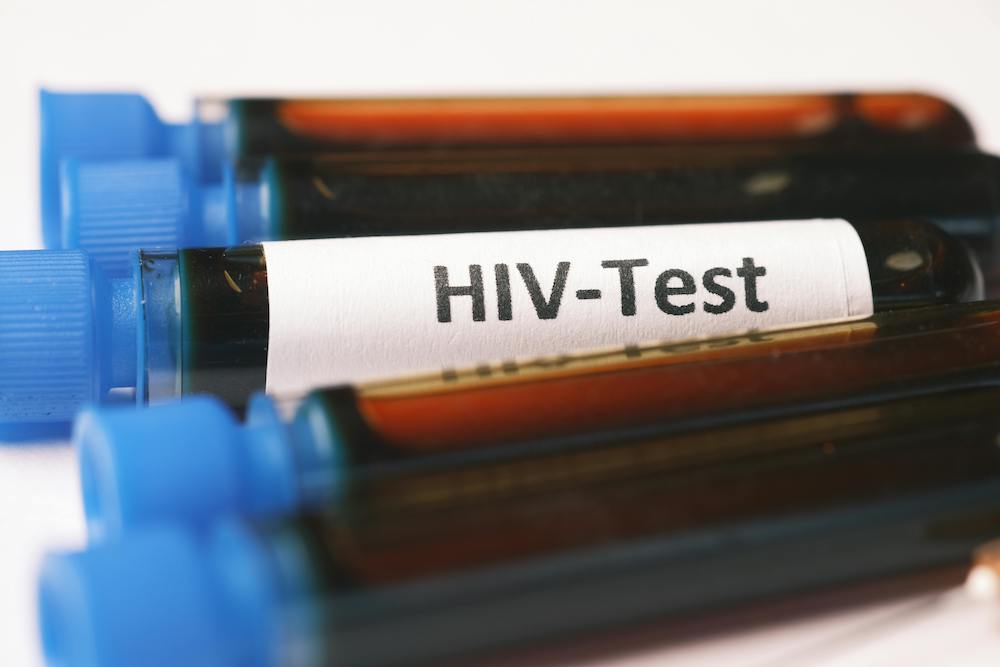
24 Jun HIV: The Importance of Knowing Before Pregnancy
Know Your Status! HIV positive women who know their status and take HIV medications during pregnancy and delivery significantly reduce transmission of HIV to their babies.¹
June 27th is the annual HIV testing day! If you’re of childbearing age and are at risk of exposure to HIV due to sexual history, an infected partner or IV drug use, then this information is for you. It’s also for you if you know you have HIV and want to get pregnant.
HIV is also known as Human Immunodeficiency Virus. It’s the virus that causes AIDS (Acquired Immunodeficiency Syndrome). AIDS occurs when the virus attacks and destroys the body’s immune cells (CD4 cells). With AIDS, the level of CD4 cells becomes so low that the body cannot fight disease and infection and the body eventually dies from one of these conditions. Many people don’t know they are infected with HIV until they become sick. This can take months or years from initial exposure to the virus.
This is why it’s so important to know your HIV status, especially if pregnancy is a possibility or planned in the future. Early intervention with HIV medications for Mom and baby can significantly reduce the chance of HIV transmission from Mom to baby.¹
How to Reduce HIV Transmission to the Baby During Pregnancy
HIV is transmitted through bodily fluids, such as semen and blood. It can also be passed from an infected mother through the placenta to the fetus or by the baby’s exposure to amniotic fluid and blood during labor and delivery.
Getting tested before pregnancy is very important. This is because HIV cannot be cured, only managed. If the test is positive, then HIV medications can be started immediately to reduce the viral load in the mother’s body. The lower the viral load, the healthier the mother and less risk of passing the infection to the baby. If the viral load is reduced to an undetectable amount in the blood, then the option for a vaginal birth is possible.² Breastfeeding may also be possible! Check out these tips on maintaining a healthy pregnancy with a chronic condition like HIV.
If you are HIV positive and know your status early on, you can reduce the chance of passing the infection to your baby by 99% by:
- taking anti-HIV medications during pregnancy
- taking anti-HIV medications during labor and delivery
- having a c-section delivery if your viral load is high
- having your baby take anti-HIV medications after birth (2-6 weeks)
- not breastfeeding.¹
Of course, these decisions should be made with your medical provider as s/he knows your medical history best and can make the most informed clinical recommendations for you and your baby.
If you are at high risk for contracting HIV through sex partners or IV drug use, ask a healthcare provider about pre-exposure prophylaxis (PrEP). This medication can stop HIV from taking hold in your body and spreading. It can also protect your baby from infection if you become pregnant.²
Taking PrEP is important if you know your partner has HIV. In this case, you’ll also want to encourage your partner to start and continue anti-HIV medication. This way both of you can do your part to protect your health, protect each other and stay healthy. If you’re at high risk for contracting HIV, it’s also a good idea to test again for HIV in the 3rd trimester, before labor and delivery. Most babies become infected with HIV from their mothers during the labor and delivery process.²
If you’re a sexually active person who can become pregnant, knowing your HIV status is powerful information! Get your status this June, in honor of HIV Awareness month. Early detection can help save the life of you, your baby, and potential partners. While HIV cannot be cured, it can be very well managed so that a long, healthy life for you and your family is possible!
REFERENCES:
- American College of Obstetricians and Gynecologists (ACOG). June 2021. HIV and Pregnancy.
- U.S. Department of Health and Human Services. April 2023. Preventing perinatal transmission of HIV. https://www.hiv.gov/hiv-basics/hiv-prevention/reducing-mother-to-child-risk/preventing-mother-to-child-transmission-of-hiv/
- Photo by Towfiqu barbhuiya: Blood Samples for HIV Test. https://www.pexels.com/photo/blood-samples-for-hiv-test-10963257/



